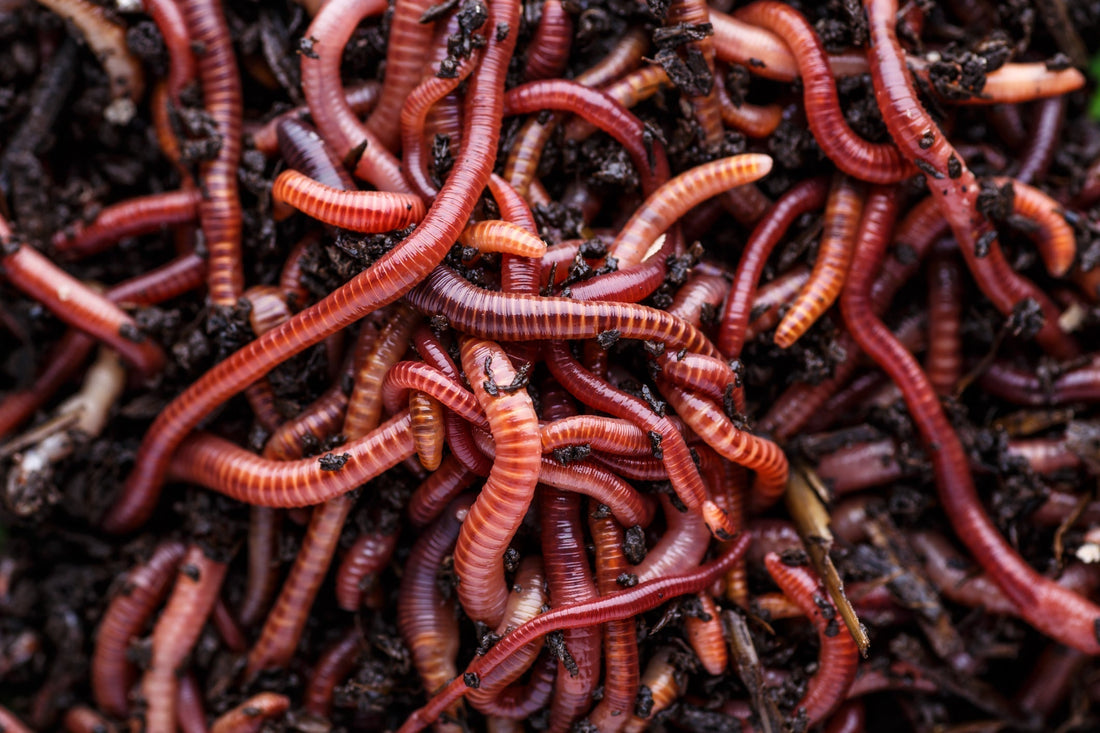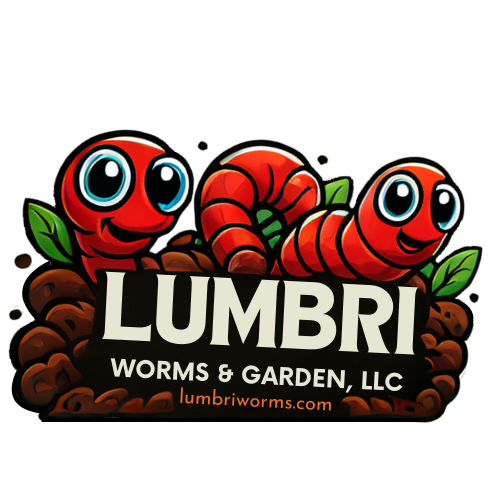
Why Start a Worm Farm? - Lumbri Worms & Garden, LLC
Share
Starting a worm farm is a smart move for several practical, environmental, and even financial reasons. Here’s why many people choose to begin worm farming:
🌱 1. Turn Waste into Gold (Literally, Worm Gold)
Recycle kitchen scraps: Worms can eat your fruit peels, veggie trimmings, and coffee grounds, reducing household waste.
Produce worm castings: The worm poop (vermicast) is a nutrient-dense, organic fertilizer known as "black gold" for plants.
💰 2. Make Money
Sell worms to gardeners, bait shops, or composters.
Sell worm castings and worm tea as premium soil amendments.
Offer classes, kits, or consultations as your expertise grows.
🌎 3. Help the Planet
Diverts waste from landfills and reduces methane gas emissions.
Creates living, biologically rich soil that improves carbon sequestration.
🌿 4. Garden Like a Pro
Worm castings boost plant growth, improve soil structure, and help retain moisture—making gardens thrive.
🐛 5. Low Maintenance & Scalable
Worm farms are easy to start small (even indoors).
They can grow with your goals—from hobby to homestead to business.
👨👩👧👦 6. Educational & Therapeutic
Great for teaching kids about ecosystems and responsibility.
Provides a calming, hands-on hobby for adults.
